Tony Koch: The Art of Cross-Pollinating Musical Styles
By Susan Frances
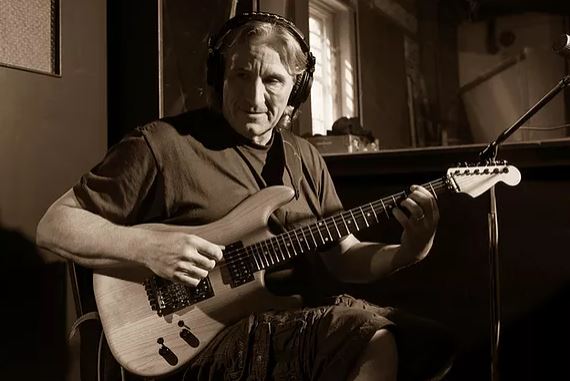 Cross-pollination is a phenomenon that horticulturists use to create a new plant by transferring pollen from one plant to another plant. The same science can be equally applied to music. A technique that Vancouver-based songwriter/guitarist/leader Tony Koch immerses himself in completely. For Koch, the result is new hybrids of melodic harmony, as he sows the seeds of diversity in his music-making. It is the jazz platform that has shown to be open-minded enough to welcome his cross-pollination efforts.
Cross-pollination is a phenomenon that horticulturists use to create a new plant by transferring pollen from one plant to another plant. The same science can be equally applied to music. A technique that Vancouver-based songwriter/guitarist/leader Tony Koch immerses himself in completely. For Koch, the result is new hybrids of melodic harmony, as he sows the seeds of diversity in his music-making. It is the jazz platform that has shown to be open-minded enough to welcome his cross-pollination efforts.
“What is jazz?” Koch broaches, “I like to think that it’s the music of the people and as such, it is ‘allowed’ to draw from anywhere and everywhere in order to pull together the cultural/historical/stylistic elements that will support what the tune is trying to convey to the listener. I love and deeply respect the profoundly rich jazz heritage that has been pioneered by countless dedicated musicians over the past century. My goal is to frame that tradition within grooves that will excite listeners that would not normally find jazz approachable.”
Having served five decades as a backup musician, recording artist, live performer, and music educator, Koch finds himself in 2021, entrenched in a sixth decade working in the music industry. Today, he leads a jazz quintet named The AltNews Band that implements the tools of cross pollination, fusion, and improvisation to create new fabric from the threads of the past. Threads they learned, massaged, honed, and personalized.
Koch reveals, “I decided to call our group The AltNews Band because I felt it captured the intent of the music I was writing. When I write, I simply try to come up with what I would like to hear next. I trust that if it excites me, others will also find it compelling. As such, many of the tunes draw from so many different musical styles/genres/elements that it’s difficult to categorize them.”
He directs attention to a review that best describes the music of his and The AltNews Band. “We recently received a very nice review,” he beams, “from O’s Place Jazz Magazine where Oscar wrote, ‘There’s lots of sizzle, with a genre-smashing formula that will excite a wide audience.”
“I never really thought about it that way,” he comments, “but ‘genre smashing’ is really what we are all about. That in no way means that we disrespect the many genres, but rather that we respect them all!”
“As such,” he deduces, “The AltNews Band is an ‘alternative take’ on what is currently considered ‘jazz.’ If one listens carefully, they will find all the harmony of traditional jazz present within the tunes.”
The motley bunch that makes up The AltNews Band are Miles Hill on bass, Bobby Ruggiero on drums, Campbell Ryga on saxophone, and Miles Black on piano. Koch goes in length about how the band came together.
“After I had put together some tunes, I got in touch with my dear friend, bassist Miles Hill,” he recalls. “Over the preceding decades since our fusion band days, Miles had expanded his skill set to becoming a very good producer, engineer, arranger, and songwriter. I always knew that I would be calling on Miles if I was able to get enough material together for an album. He is a fantastic bass player that loves many different styles of music and plays them all equally well!”
He credits, “Miles helped me shape the tunes I had come up with. He taught me to be merciless with respect to cutting out anything and everything that, even for a split second, begins to lose focus and attention.”
While exploring his relationship with Hill further, Koch muses, “We joke that we have Attention Deficit Disorder when it comes to listening to music. The ‘V word,'” he abbreviates for, “vamp, is forbidden…LOL! Everything in the music must be there in order to provide direction to the next event,” he proposes.
“Everything is leading to the next cool thing in the music,” he imparts. “No fluff/filler/wasting time. It sounds rather ruthless perhaps, but the results of such an approach are compositions that have a lot of forward momentum and direction.”
“In some of our tunes,” he describes, “you will only hear the head/melody once on the way in…as Miles would say, ‘We’ve already heard that!”
“Jazz ballads,” he offers as an example, “often use part of the melody section on the way out of a tune as part solo and part melody, which helps to keep the tunes from being too long. I use the same technique in some of our tunes as well. Once the tunes had been ‘chopped’ into shape, I began to consider who else to hire in order to flesh out the band.”
“I could go on for several paragraphs,” he weighs, “however, please let it suffice for me to say that Miles Black is one of Canada’s greatest pianists. He also loves many styles/genres of music and completely owns all of them when he plays. He is extremely melodic in his approach and was the perfect fit for the band.”
Looking forward, Koch determined, “I felt the tunes needed more support in the melodies, and so we started to consider finding a sax player. There are many great players in Vancouver, and we tried out several who all hit it out of the park; however, I felt that the inclusion of sax was taking the music in a direction that was not really working for me.”
He perceived, “The tunes needed a player that would lend a softness/coolness/jazziness vibe—Campbell Ryga to the rescue. Once again, I could go on and on. Let’s just say that Cam is one of the most lyrical sax players I have ever heard. Unlike the other players in the band, Cam plays pure jazz. That’s what he does. That’s not to say that the other players cannot also play pure jazz; it’s simply to say that Cam only plays pure jazz.”
“He’s not an R&B/funk/rock/blues/pop sort of player,” Koch cites. “He plays beautiful swing/bop/Latin jazz, period. So, what we ended up with is Cam blowing killer bebop solos over jazz-funk/hip hop/Latin grooves, and I love it!”
“We still needed a drummer,” Koch considered, “so Miles suggested Bobby Ruggiero, whom he had worked with in many groups over the past few decades.
He highlights, “Bobby has over 30 years of professional touring, producing, and recording experience as a drummer, vocalist, and musical director with credits including Van Morrison, Sam Butera, Beau Brummels, Natalie Cole, Jimmy Smith, Roger Daltry, Tom Jones, Paul Simon, Eric Clapton, Lee Greenwood, Al Hurt, and appearances on The Tonight Show. As a result, Bobby can play pretty much anything.”
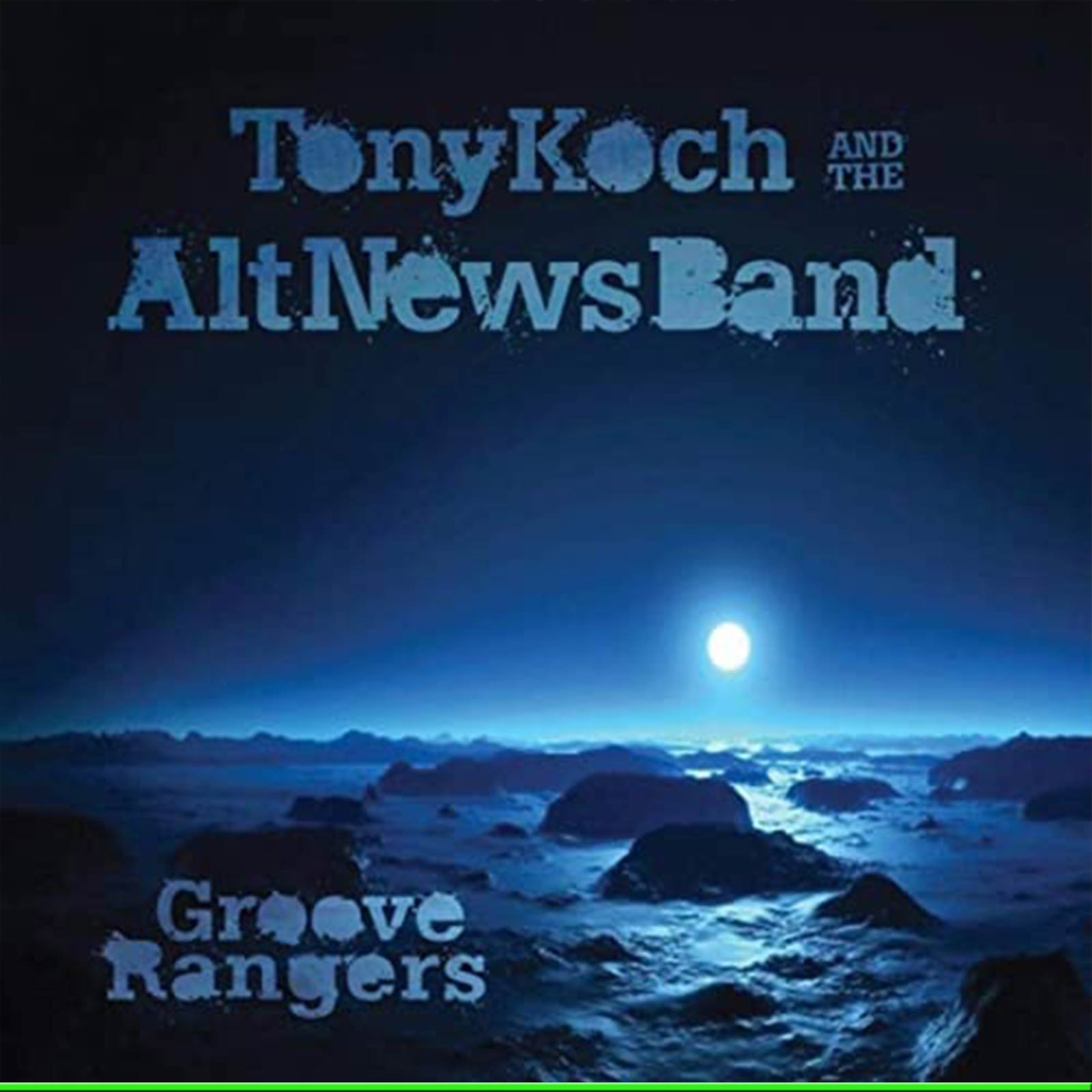 The individual contributions that Tony Koch and his bandmates bring into the studio have netted them three recordings since 2017. Their most recent recording Groove Rangers, released in 2020, coalesces what these musicians have learned in the past while fusing their current influences into the mix.
The individual contributions that Tony Koch and his bandmates bring into the studio have netted them three recordings since 2017. Their most recent recording Groove Rangers, released in 2020, coalesces what these musicians have learned in the past while fusing their current influences into the mix.
Koch illustrates how the title of their latest release provides insight into the music, “I chose Groove Rangers as the title of the album because I thought it captured in a fun/humorous way my/our efforts to search out and find grooves that work for us.”
Finding the groove is often what Koch seeks first to establish when composing, as he outlines the stages of developing arrangements during the recording process, “One way to present the richness of the jazz tradition is to frame the compositions within grooves that one would not normally associate with jazz. I’m always on the lookout for grooves that lend themselves to such an approach.”
“The opening tune ‘Q,'” he examines, “came together much like all of my compositions. It actually started from a drum loop that I found. As for the arrangement, I thought it would be cool to have a solo and then a written interlude section and then another solo, much like a big band arrangement.”
He searches deeper into the process, “I will also write tunes sitting at the keyboard with a cool synth pad and see what comes out. The tune ‘Forgotten’ was written after I found the synth pad part as it dictates all the harmony of the tune.”
“Other times,” he assesses, “I will get an idea on the guitar, perhaps a riff or a chord progression. One thing I have learned over the past few years is that no matter how small the idea is, document it and save it for later. Having a little writing studio makes that process so much easier than writing ideas on manuscript. I have a running ‘working files’ section, which is full of all the ideas I have saved for future development.”
The predecessors to Groove Rangers were the band’s debut offering Uber Chill in 2017, followed by Funk Jazz from Planet Earth in 2018. He summarizes what the songwriting process entailed during the designing and making of these albums.
“I usually write all the tunes for an album project over the course of a year or so,” he observes, “and then I make demos and charts for each tune and email them to the guys about 6 weeks before our recording session dates. Everyone learns their parts, and then we all get together at the Warehouse Studio in Vancouver.”
“The Warehouse,” he regards warmly, “is owned and operated by pop icon Brian Adams. We are very fortunate and grateful to Brian for building such a fantastic studio in the heart of Vancouver. We set up and mic everything, and then we rehearse all the tunes over a 4 day period, after which we take a few days off. We record everything, including the rehearsals. Then we come back into the studio for another 4 days and record the final takes of all the tunes.”
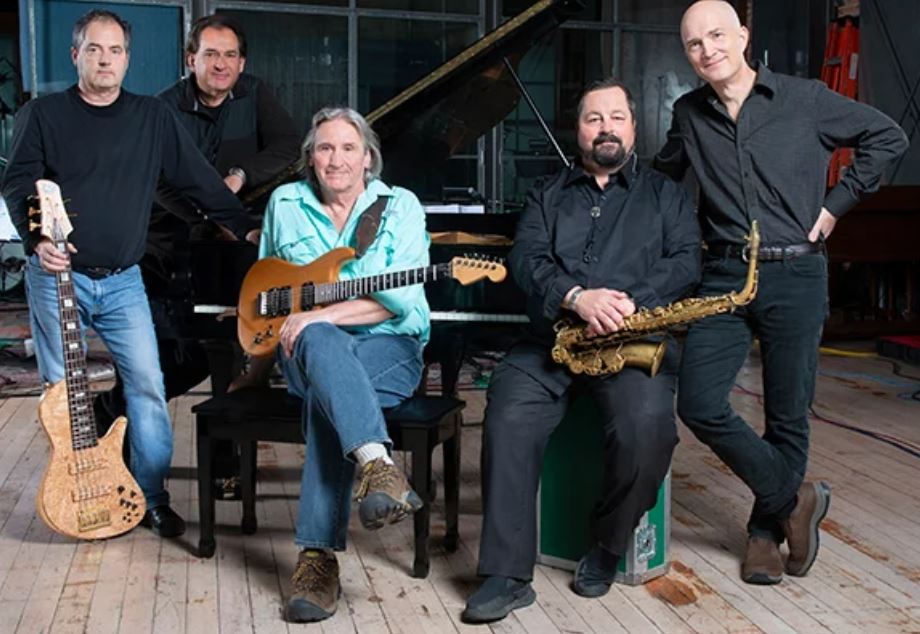 “Each time we have recorded our last 3 albums,” he gleans, “I have learned so much with respect to what works well for each player, how to frame things in such a way as to put them in their ‘happy place.’ There is so much versatility amongst the players that it’s not too difficult to do that.”
“Each time we have recorded our last 3 albums,” he gleans, “I have learned so much with respect to what works well for each player, how to frame things in such a way as to put them in their ‘happy place.’ There is so much versatility amongst the players that it’s not too difficult to do that.”
“I’m also learning,” he shares, “how to further tighten up arrangements so that we can have 3 soloists and still have the tune come in at around 5 minutes in length…radio-friendly. I think I’m also getting more daring with respect to trying out new things/ideas. It’s so much fun to work with these wonderful musicians and friends. With the exception of Bobby, we have all known and played with each other in so many different situations for at least the past 30 years! It’s more like a reunion than a recording session.”
Turning introspective, he articulates how he has grown as a guitarist and songwriter. “I’m always working on improving my playing and composing skills as there really is no end,” he deems.” Over the past few years, I believe that one of the most important things I have learned is to trust myself, to trust my instincts, and see what happens. When working with such amazing players, what could go wrong?”
His overview of the music-making process shows it to be a collaborative experience gathering organic exchanges and stimulating interactive teamwork. These means have their roots in Koch’s childhood, with both of his parents ensconced in music-related professions.
He recollects, “When I was quite young, I recall my father playing Stan Kenton records occasionally, which I really enjoyed. Back in the 1950s, before my parents were married, my Dad hosted a local radio show which featured many jazz artists of the day.”
“My mother was a pianist and teacher,” he furnishes. “I recall her teaching upwards of 40 students a week in our home for as far back as I can remember. For the most part, I was listening to and studying classical music for the first 10 years of my life.”
He acknowledges, “I really didn’t know much about jazz music until I was around 21. Prior to that, in my early years, I had studied classical piano, theory, harmony, ear training, etc., at a school in Toronto where a full music curriculum was integrated with an academic curriculum.”
His formative years were spent in Toronto, attending Saint Michael’s Choir School. He characterizes his studies at the institution, “I would have math/science classes followed by solfege ear training, followed by choir singing 4 part plus harmony, followed by geography followed by a private piano lesson.”
“It was a very rich environment,” he admits, “however, at the time, I simply thought that’s what school was. That is until we moved back out to western Canada, where our family roots were. It was then that I realized how different my education had been with all the music being a part of my regular schooling.”
When his family moved to Vancouver, he expresses glibly, “Half-way through grade 8, I was enrolled at a school in Vancouver that had no music programs whatsoever. It was all sports-oriented, so I retreated to my bedroom and played guitar.”
Perhaps what saved him was the music he heard outside the classroom as he reminisces, “In the mid-1960s, the Beatles were at the top of the charts, and so for my 10th birthday my parents kindly bought me an electric guitar and a small amplifier, and I began to learn chords and Beatles tunes.”
He relishes, “Throughout my teens, I became very interested in the finger-picking style guitar playing of Leo Kottke and John Fahey. Very challenging and rewarding.”
The desire to play the guitar and write music began to take root, which comes into the reader’s view as he treasures, “After graduating high school, I met other musicians and began having jam sessions playing blues, pop, rock, and R&B tunes. I also started gigging as a folky, playing acoustic guitar, and singing in pubs. When I was around 21, a friend said that I had to hear a local guitarist, Pat Coleman, who was playing at a club in Gastown. I remember that the band was playing rock tunes, but Coleman had something else going on in his playing.”
Something else that Koch heard in Coleman’s playing would make a huge impact on him. Years later, his studies and practice sessions would lead him to the cross-pollination technique he developed. His creations would be formed by integrating the music languages of the past with current influences, be them swing, rock, pop, funk, blues, R&B, Latin, or another language; Koch set himself to be multi-lingual when it came to music.
He recounts fondly how his relationship with Coleman evolved, “On a break, I asked Pat if he taught, and it turned out he was teaching out of the back of a local music store, so I signed up for a few lessons.”
“Coleman had previously studied at the Dick Grove School of Music in LA,” he asserts, “so he began to pour into me all of the jazz theory/harmony/improvisational skills he had learned in LA. It was a very intense summer as I was just trying to keep up from week to week. Over the course of about 10 lessons, Pat laid it all out for me in a very concise manner.”
“The background musical education that my parents had provided,” he attributes, “allowed me to keep up. I remember having the entire altered dominant picture written out by Pat on one piece of loose-leaf paper. I already knew the seven major scale fingerings, so Pat said to learn all the arpeggios within them, in all positions…nothing written out here…go find them all…same goes for harmonic minor, melodic minor, diminished, and augmented scales as well.”
Koch vouches, “Pat also introduced me to the ‘Real Book’ and the huge library of jazz standards. With that came the discovery of so many artists throughout the history of jazz.”
He advances by honoring the guitarists who influenced his style of playing as he proceeds, “I especially liked the playing and approach of Wes Montgomery…so cool and fluid with a very deep melodic approach.”
“Joe Pass was also an excellent guitarist to study,” he praises, “especially for his chording ability…amazing.”
“Pat Metheny,” he lists as another significant influence, “He is, of course, iconic. He helped break jazz guitar out of the historical frame that had existed for decades. Then Alan Holdsworth arrived on the scene from England. His approach changed guitar playing forever. So fluid with a very deep harmonic concept. His facility on the instrument sent many a player back to the woodshed.”
He proclaims, “I also love listening to Eddie Van Halen, Steve Vai, Mike Stern, Ed Bickert, Jim Hall, Terje Rypdal, and so many others. I like pretty much anything that is in tune and in time.”
“Genre,” he purports, “has never really been of concern to me. I truly love it all. There are certainly styles/genres that I become tired of much faster than others! But I listen to everything and anything that perks my interest.”
Enriched by the musical influences around him, Tony Koch soaked up his studies playing the guitar and dabbling in songwriting. He reflects, “Through the 80s and 90s, there was plenty of work on the Vancouver scene if one didn’t mind playing many different kinds of music, which I really enjoyed doing. I was basically a sideman for many different bands/groups. I also backed up several jazz singers.”
One fond memory he holds in perpetuity is when “The late Hugh Fraser asked me to play in his big band, The Vancouver Ensemble of Jazz Improvisation, which was certainly a highlight for me as we toured across Canada through the festival circuit several times. I also played many jazz guitar duo gigs as that format worked very well for lounges/bars.”
He chronicles, “Throughout my 20’s I supported my music habit by gigging and teaching and painting houses. In the mid-80s, a friend suggested that I apply to teach guitar night school classes at a local college for their continuing education program. My proposal was accepted, and within a few semesters, I was teaching four sections with a waiting list.”
“As it turned out,” he draws attention to his time at Vancouver Community, “the full-time faculty Jazz Guitar instructor position opened up in the college’s music degree program. I applied and was very fortunate to get the position. The college asked me to create the improv curriculum, which I jumped at as it gave me a chance to develop all the material Pat Coleman had helped me with years earlier.”
The material that his mentor Pat Coleman helped him to hone would come to fodder Koch’s desire to compose as he ponders how the seeds to write original compositions first spawned fruit. “I started writing little riffs during my teens but never really put a tune together until I was gigging in the folk scene when I wrote a few tunes that I performed at the time.”
He remembers, “After studying with Pat Coleman, I don’t think I wrote anything for about 10 years as there was so much material to explore and absorb during that time. It really was like starting over again in the sense that I was exposed to this amazingly vast and rich body of music that I had no idea existed prior to studying with Pat.”
“Music, in general,” he ascertains, “was also evolving very rapidly during that time with so much cross-pollination, if you will, taking place. There was an explosion of new music which combined elements of jazz, Latin, rock, punk, free, fusion, Afro, Cuban…you name it, it was happening! Very exciting times in the music world.”
He confesses, “It wasn’t all fun and games though as there was definitely push back from some quarters with respect to keeping certain genres historically ‘pure.’ As you can probably tell from our music, I didn’t pay much attention to that.”
Early in his musical experience, he extracts, “I started a jazz fusion group with bassist Miles Hill and drummer Daryl Bennett along with Jim Guttridge on keys/synths. I tried writing tunes that were in the Chick Corea/Alan Holdsworth/Pat Metheny styles of jazz fusion, and we had a great few years playing around Vancouver.”
“I kept teaching full-time at the College,” he underscores, “and gigging pretty much every weekend for the next many years. Composition took a back seat once I met and married my wife, Katrina, and welcomed our two daughters, Teegan and Stella.”
Beginning a family redirected his attention as he continued along his journey. “My wife and I formulated a long-term plan to build a home outside of Vancouver up on the Sunshine Coast in Pender Harbour, which is a 40-minute ferry ride and a one-hour drive from Vancouver. It took 15 years to complete our home, and in 2010, I retired from the music faculty at the college, and we moved our family up the coast full-time.”
Making music did not keep away for long as Koch details, “Over the next few years, we put together a small studio for the purpose of getting back into writing and recording my ideas. In 2012 or so, I began trying to compose again after so many years of keeping that on the back burner.”
Fast forward to 2017, and Koch finds himself releasing a debut album with his band, The AltNews Band. His journey, in some ways, took a turn that promised new experiences like none he has enjoyed prior.
When discussing what is ahead for Tony Koch and The AltNews Band, he maintains, “The band would love to play live. We have plenty of material…34 tunes, and counting. It would be so much fun to put together a 75 minute ‘Jazz Festival’ set. Unfortunately, there is literally nowhere for us to play in Vancouver other than perhaps a gig during the June Jazz Festival.”
Widening his scope, he affirms, “We have been very well received in Europe and the USA as well as Japan and even South America because of a radio promotion conducted by RDX Radio Promo out of Toronto. If one is interested, check out the ‘Reviews’ page on our website, tonykoch.ca, to get a sense of how our music is being received around the planet.”
“Once things open up,” he references the COVID-19 restrictions, “we hope to shop the band in Europe, Canada, and the USA as there seems to be a lot of support for what we are doing.”
“Sadly,” he attests, “there is little to no money to be made in the current ‘streaming’ world of music. I do not wish to turn this into a complaint session; however, I believe that musicians, as a community across all genres, need to figure out how to lobby for changes in the current music streaming payment structures, or there will not be a music industry in the near future. The current model is not sustainable. It may shock readers to learn that Spotify has never turned a profit…never.”
“Do your own research?” he advises, “In fact, Spotify has lost hundreds of millions of dollars since it was launched some years ago. It begs the question, what’s going on? I’ll leave it there.”
Though the music industry has greatly expanded over the decades that Koch has been involved in it, the opportunities to earn a living in a music profession have greatly shrunk. What is going on, indeed?
Though the music business might be tough to excel in, Tony Koch and The AltNews Band encounter no impediments to excelling in making music. In mid-April 2021, Koch was back in the studio with his bandmates. Crossing music styles allows the band to never run out of steam, never lose their impetus or stimulation to create new breeds of melodic harmony. It’s a journey that Koch had not previously embarked on, but the turn he took promises new experiences like none he has enjoyed before.
About Susan Frances:
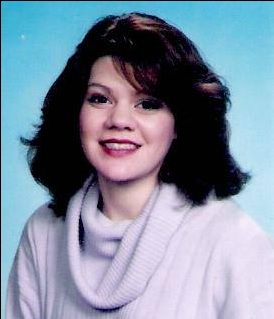 Born in Brooklyn, New York and raised in eastern Long Island, I always enjoyed writing and made several contributions to my high school literary magazine, The Lion’s Pen. Influenced by writers of epic novels including Colleen McCullough and James Clavell, I gravitated to creative writing. After graduating from New York University with a BA in Liberal Arts, I tried my hand at conventional jobs but always returned to creative writing. Since 1998, I have been a freelance writer and have over three thousand articles to various e-zines including: Jazz Times, Blogcritics, Yahoo Voices, Goodreads.com, Authors and Books (books.wiseto.com), TheReadingRoom.com, Amazon.com, Epinions.com, Fictiondb.com, LibraryThing.com, BTS emag, BarnesandNoble.com, RomanticHistoricalReviews.com, AReCafe.com, Hybrid Magazine, and BookDepository.com. In 2013 and 2014, I was a judge in the Orange Rose Writing Competition sponsored by the Orange County chapter of the Romance Writers of America located in Brea, California.
Born in Brooklyn, New York and raised in eastern Long Island, I always enjoyed writing and made several contributions to my high school literary magazine, The Lion’s Pen. Influenced by writers of epic novels including Colleen McCullough and James Clavell, I gravitated to creative writing. After graduating from New York University with a BA in Liberal Arts, I tried my hand at conventional jobs but always returned to creative writing. Since 1998, I have been a freelance writer and have over three thousand articles to various e-zines including: Jazz Times, Blogcritics, Yahoo Voices, Goodreads.com, Authors and Books (books.wiseto.com), TheReadingRoom.com, Amazon.com, Epinions.com, Fictiondb.com, LibraryThing.com, BTS emag, BarnesandNoble.com, RomanticHistoricalReviews.com, AReCafe.com, Hybrid Magazine, and BookDepository.com. In 2013 and 2014, I was a judge in the Orange Rose Writing Competition sponsored by the Orange County chapter of the Romance Writers of America located in Brea, California.


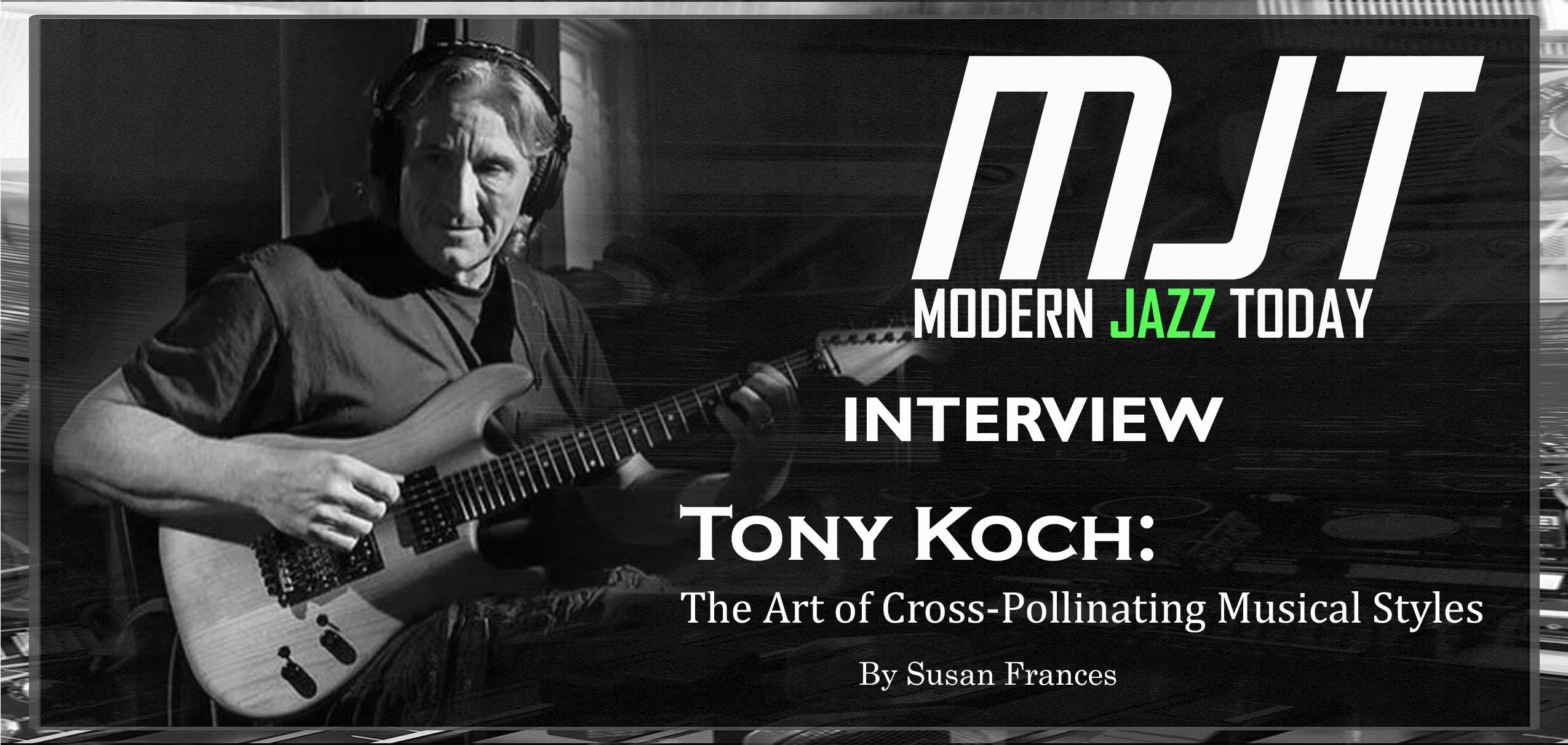


No Comments